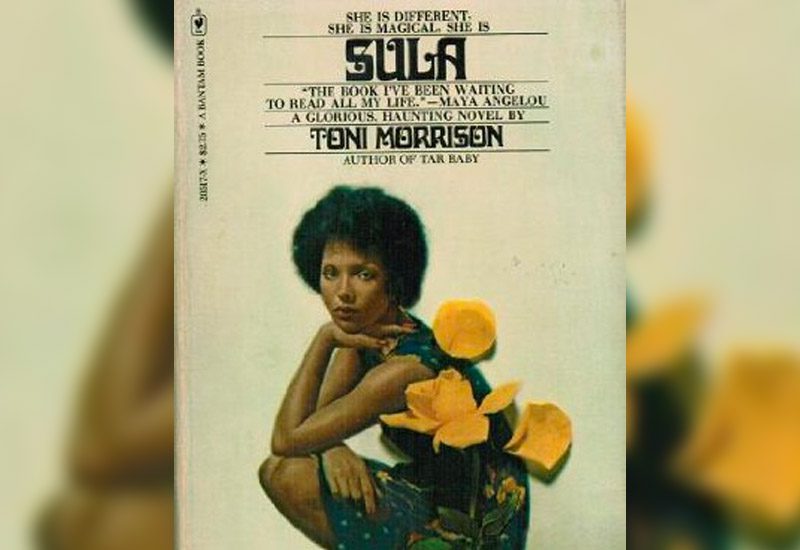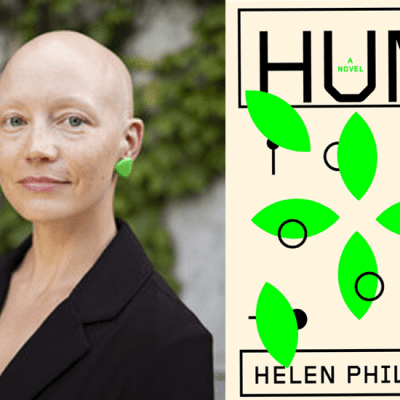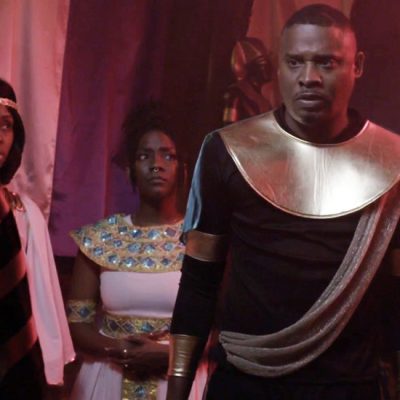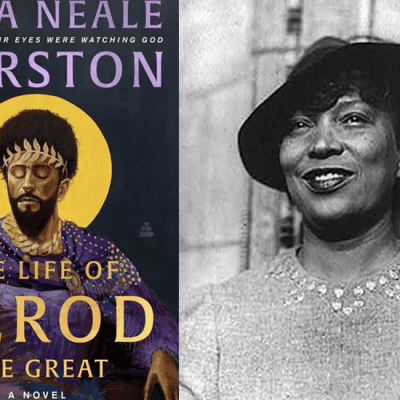
“Then summer came. A summer limp with the weight of blossomed things. Heavy sunflowers weeping over fences; iris curling and browning at the edges far away from their purple hearts; ears of corn letting their auburn hair wind down to their stalks.”
Sula is officially the first Toni Morrison novel that I’ve read, and almost immediately I realized that I’ve been depriving myself of her brilliance for all these years. Still, this appears to be the most optimal time for me to be introduced to her work; today I can fully cherish and appreciate her remarkable way of constructing a sentence, a paragraph, a story.
The 1973 novel tells the story of two Black women friends, Sula Peace and Nel Wright, who grew up in “The Bottom,” a small Black community in Medallion, Ohio. It follows them through adulthood as they choose polar opposite paths for themselves; Nel becomes a wife, mother, and a pillar of her community, while Sula lives fully for herself, becoming a pariah. “I don’t want to make somebody else. I want to make myself,” said Sula. But following a devastating betrayal, the two childhood friends must face the aftermath of their choices.
As a character, Sula is an enigma. She is both the hero and the villain, perhaps more so misunderstood than truly malevolent. Her actions are baffling, and seem to be done without reason. There’s an air of nonchalance about Sula; this detachment from the physical world and all the emotions that come along with it. What is it that makes her this way, and why is she as fascinating as she is infuriating?
“Had she paints, or clay, or knew the discipline of the dance, or strings; had she anything to engage her tremendous curiosity and her gift for metaphor, she might have exchanged the restlessness and preoccupation with whim for an activity that provided her with all she yearned for. And like any artist with no art form, she became dangerous,” wrote Morrison about Sula.
Nel, too, is intriguing in her own right. She may have lived more in the margins, but there’s been a desire since she was young to create a life that was her own, which is what drew her into a friendship with Sula. “I’m me. I’m not their daughter. I’m not Nel. I’m Me. Me. I want … I want to be … wonderful. Oh, Jesus, make me wonderful,” said Nel as a child.
Morrison had the extraordinary gift of designing worlds with such astoundingly vivid characters that it’s as if you can feel the soul of it all bursting through the pages––what a joy, what a pleasure! Yes, the narrative of “Sula” is painfully tragic and poignant (with sprinklings of laughter and sunshine), but it is penned in such a beautifully poetic way that it creates this desire to frequently revisit even the most heartbreaking type of sentence, both for the language and for this yearning to feel intensified emotions, to empathize.
We read on to understand something more about what it means to be human, particularly in regards to the Black experience in America; there’s liberation found in telling stories and sharing the multifaceted perspectives of those who have oftentimes been silenced throughout history. There’s something vastly healing about it.
Sula is currently being adapted into a television series for HBO. Read more about the adaptation here.







